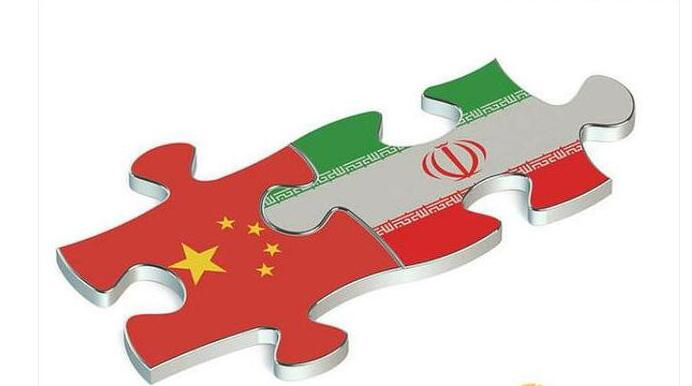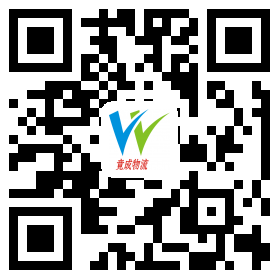According to Reuters reports, sources said Kunlun Bank, the main source of foreign exchange receipts for transactions between China and Iran, plans to stop accepting Iranian RMB for foreign exchange settlement under pressure from the US to re-impose severe sanctions on Iran.

Reported that Kunlun Bank, which is controlled by PetroChina, has recently verbally informed its customers that it will stop accepting RMB payments from Iran to China from November 1.
It is unclear how long the service suspension will last and how Chinese companies still selling goods or services to Iran will receive payment. It is also unclear whether the bank's settlement service for China's purchase of Iranian oil will be affected.
China is the largest buyer of Iranian oil. In 2017, China imported more than 30 million tons of Iranian oil, accounting for about a quarter of Iran's oil exports and 7.42 % of China's oil imports.
At the same time, China is also Iran's largest importer. Iran imported 16.417 billion US dollars worth of goods from China in 2016, accounting for 36 % of Iran's total imports of that year ( 46.628 billion US dollars ). 2016 is the latest year for which data are available.
Impact of U.S. Sanctions
Generally speaking, most of the financial sanctions in the United States are " first - class sanctions" and only require Americans to comply with sanctions orders. The " secondary sanctions" require non - Americans to abide by the U.S. sanctions order, and the U.S. will impose financial sanctions, including freezing property and prohibiting transactions with the U.S. financial system, on violators.
This is equivalent to mobilizing global financial institutions to carry out financial attacks on them. For example, U.S. sanctions against North Korea, Iran and Russia apply to the scope of the secondary sanctions, and neither Americans nor non - Americans can violate the ban on trading with them.
In the early days, Kunlun Bank could use Euro, RMB and US dollars for settlement. In 2012, U.S. financial institutions were required to close Kunlun Bank's U.S. dollar settlement channel accounts due to violation of U.S. sanctions against Iran, resulting in its settlement in euros and RMB. In August this year, Kunlun Bank suspended the settlement of euro.
Sources said Kunlun Bank suspended euro settlement in August and RMB settlement next month, all due to U.S. sanctions. Whether and when these services will be resumed depends on the international situation after the sanctions were imposed on November 5.
Iran's Possible Response
What measures Iran may have to deal with this? The first is to rely on the European Union's Special Purpose Vehicle ( SPV ). Iranian Ambassador to Russia Mahdi Sanay said recently that the financial mechanism set up by the EU to trade with Iran will be launched in November.
In an interview with Russia's Izvestia newspaper, he said: " The EU is working hard to develop a financial and economic plan for trade cooperation with Iran. The mechanism will be launched in November 2018. "
Last month, China, the European Union and Russia issued a statement saying they would set up a " special mechanism" to facilitate the settlement of Iran's imports and exports, including oil, to help and ensure legal trade between economic entities and Iraq. According to the official website of the European Union, SPV will facilitate European companies to conduct legal financial settlement transactions with Iran to support trade between the two sides in accordance with EU laws, and this mechanism will also be open to other partners around the world.
In addition, Russia may help Iran set up a mechanism to evade U.S. sanctions. Iran may send oil to Russian refineries through the Caspian Sea, and the oil will be sold on the international market as Russian oil. It is reported that this plan was discussed and approved at the trilateral summit of Russia, Iran and Turkey held in Tehran on September 3. Some European countries also " acquiesced" in the plan because they did not want to see Iran withdraw from the Iran nuclear agreement.
A cow finance and economics



